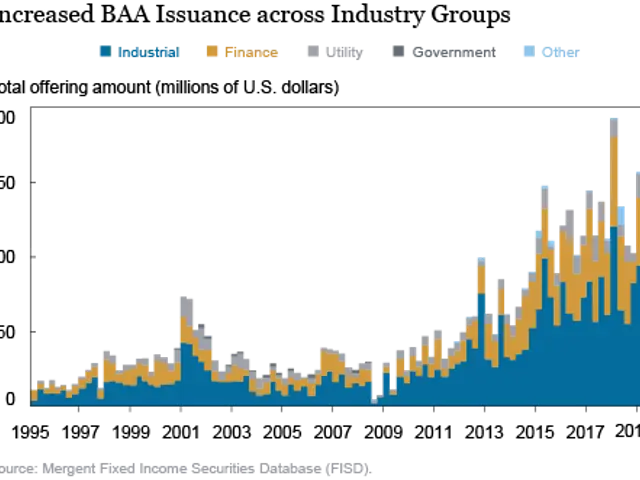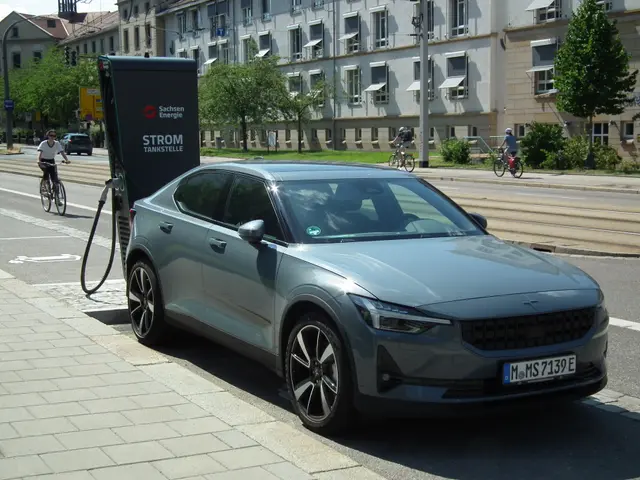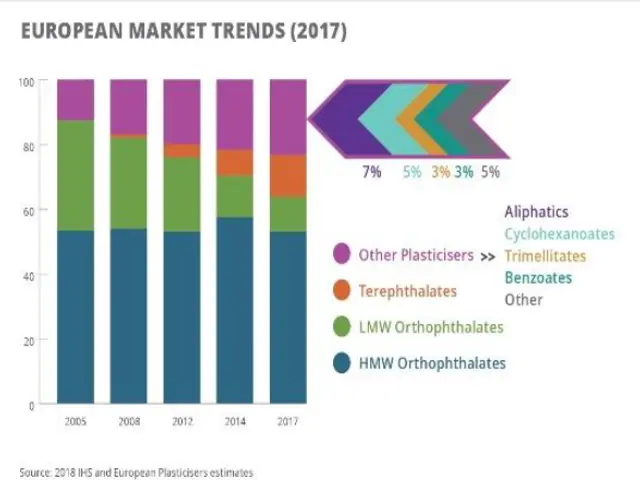Esa-Chef to Propose Significantly Higher Space Budget - Europe’s space future hangs on a €22 billion bet at ESA’s Bremen summit
The global space economy, currently valued at around $600 billion, is expected to reach $1.8 trillion by 2035, growing at a steady 10% annually. Meanwhile, Europe's space sector, coordinated by the European Space Agency (ESA), faces stiff international competition and is set to discuss its future at an upcoming ministerial meeting in Bremen.
ESA, with 23 member states jointly funding its budget, plays a crucial role in promoting Europe's space activities. The upcoming ESA Council at Ministerial Level will see Germany's delegation led by the Federal Ministry for Economic Affairs and the German Aerospace Center (DLR).
The ESA's Director General, Josef Aschbacher, plans to propose a €22 billion budget for the next three years, a significant increase from the previous €17 billion budget, which saw a 17% rise despite challenges like the COVID-19 pandemic, war in Ukraine, and inflation.
Satellites play a vital role in daily life, with 80% of data used in weather forecasts and climate predictions coming from them. Space technology also underpins navigation systems and telecommunications. Aschbacher warns that if satellites were switched off, life as we know it would cease to function.
With global space spending reaching €122 billion last year, where the U.S. and China dominate, Europe's space sector must keep pace to remain competitive. The upcoming ministerial meeting in Bremen will be crucial in shaping Europe's space future, with the proposed €22 billion budget aiming to strengthen Europe's position in the global space economy.







